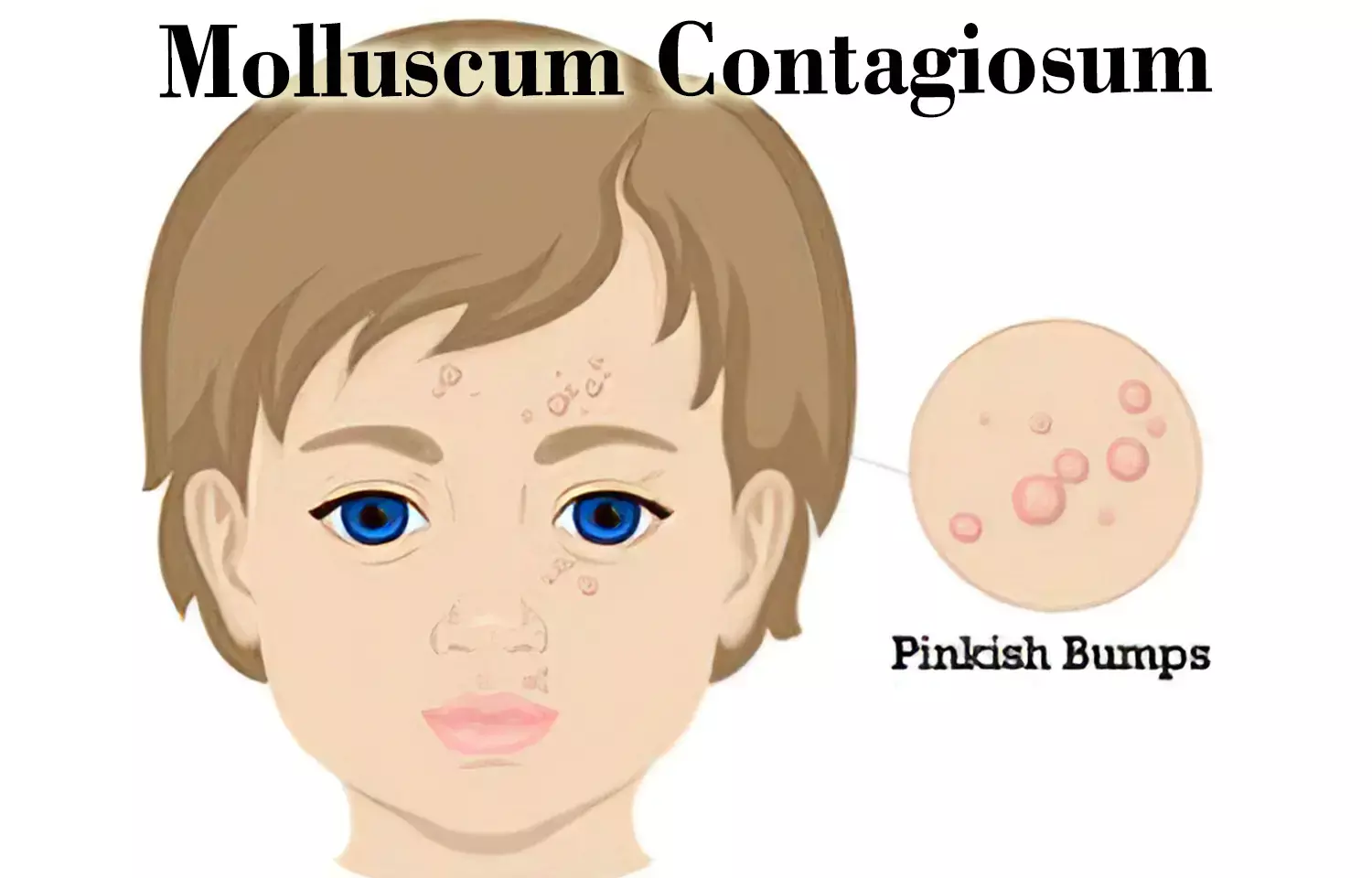- Home
- Medical news & Guidelines
- Anesthesiology
- Cardiology and CTVS
- Critical Care
- Dentistry
- Dermatology
- Diabetes and Endocrinology
- ENT
- Gastroenterology
- Medicine
- Nephrology
- Neurology
- Obstretics-Gynaecology
- Oncology
- Ophthalmology
- Orthopaedics
- Pediatrics-Neonatology
- Psychiatry
- Pulmonology
- Radiology
- Surgery
- Urology
- Laboratory Medicine
- Diet
- Nursing
- Paramedical
- Physiotherapy
- Health news
- Fact Check
- Bone Health Fact Check
- Brain Health Fact Check
- Cancer Related Fact Check
- Child Care Fact Check
- Dental and oral health fact check
- Diabetes and metabolic health fact check
- Diet and Nutrition Fact Check
- Eye and ENT Care Fact Check
- Fitness fact check
- Gut health fact check
- Heart health fact check
- Kidney health fact check
- Medical education fact check
- Men's health fact check
- Respiratory fact check
- Skin and hair care fact check
- Vaccine and Immunization fact check
- Women's health fact check
- AYUSH
- State News
- Andaman and Nicobar Islands
- Andhra Pradesh
- Arunachal Pradesh
- Assam
- Bihar
- Chandigarh
- Chattisgarh
- Dadra and Nagar Haveli
- Daman and Diu
- Delhi
- Goa
- Gujarat
- Haryana
- Himachal Pradesh
- Jammu & Kashmir
- Jharkhand
- Karnataka
- Kerala
- Ladakh
- Lakshadweep
- Madhya Pradesh
- Maharashtra
- Manipur
- Meghalaya
- Mizoram
- Nagaland
- Odisha
- Puducherry
- Punjab
- Rajasthan
- Sikkim
- Tamil Nadu
- Telangana
- Tripura
- Uttar Pradesh
- Uttrakhand
- West Bengal
- Medical Education
- Industry
Autoinoculation, promising for molluscum contagiosum treatment: Study

Rajasthan, India: Autoinoculation is effective for the treatment of molluscum contagiosum (MC), a recent study has concluded. Advantages of autoinoculation over trichloroacetic acid (TCA) application include faster clearance, lesser recurrence, and minimal complications. The study appears in the Journal of the American Academy of Dermatology.
Autoinoculation is a type of immunotherapy that needs minimal expertise. It is a well-studied treatment modality for warts. An effective therapeutic modality is yet to emerge despite the availability of numerous destructive or immunomodulatory treatment options for molluscum contagiosum. A recent study has demonstrated that autoinoculation, which helped in the clearance of both local and distant lesions, is a successful treatment modality for MC.
This prompted Dilip Kachhawa, Department of Skin & Venereal Disease, Dr. Sampurnanand Medical College, Jodhpur, Rajasthan, India, and colleagues to compare the efficacy of autoinoculation versus trichloroacetic acid in the treatment of MC.
For this purpose, an institutional review board approved 124 patients of both sexes, aged 5 to 60 years, with ≥5 nongenital, naïve lesions clinically diagnosed as MC. Pregnant, lactating mothers; immunosuppressed patients; patients who had received any treatment for MC in the last 3 months; and patients with keloidal tendency were excluded.
The recruited patients were randomly allocated to 2 groups (n = 62): the autoinoculation group (group A) and the TCA group (group B).
The researchers obtained written informed consent from all subjects. Under topical anesthesia (with a eutectic mixture of local anesthetics), a well-formed lesion (minimum size, 0.5 mm) was pierced using an insulin syringe from a site just adjacent to the lesion, followed by repeated puncturing (5-7 times) of the lesion from within to expose the contents of the molluscum body to the dermis.
In group B, a single session of 35% TCA application was performed. A photographic record was maintained. Follow-up of the patients was done every 2 weeks for 3 months and, thereafter, monthly for the next 3 months. Recording of local side effects, if any, was done. The response was graded as complete clearance, partial clearance, and poor clearance.
The study revealed the following findings:
- Three patients were lost to follow-up. The mean number of lesions treated per patient was 3.21 ± 1.55 in the autoinoculation group.
- At the end of 3 months, statistically significant complete clearance was observed in the autoinoculation group (80%) compared with that in the TCA group (62%).
- The mean time of complete clearance was better in the autoinoculation group (7.04 ± 2.74 weeks) than it was in the TCA group (10.13 ± 2.41 weeks) and was statistically significant.
- At the end of 6 months, recurrence was observed in 2 patients of the autoinoculation group and 25 patients of the TCA group.
- The majority of the patients (92%) in the autoinoculation group did not show any complications compared with those in the TCA group (45%), and this difference was highly significant, which could be explained by induced immunomodulation after autoinoculation.
- The most common side effect observed was postinflammatory hyper/hypopigmentation (group A-2, group B-13), followed by pain (group A-4, group B-8). Burning (15%) and scarring (5%) were observed only in the TCA group.
"Autoinoculation may induce a cell-mediated immune response to an antigen by producing various cytokines (tumor necrosis factor-alpha, interleukin 1, interleukin 2, and interferon-gamma), which down-regulates gene transcription and eradicates infected cells," wrote the authors.
"Autoinoculation, a type of immunotherapy that needs minimal expertise, is a promising treatment for MC. Lesser recurrence, faster clearance, and minimal complications are the advantages of autoinoculation over TCA application," they concluded. "However, there is a requirement for further blinded, larger studies with longer follow-up duration."
Reference:
Kachhawa D, Choudhary P, Saraswat S, Lamoria A, Joshi YR, Yadav C. A randomized controlled pilot study of autoinoculation versus 35% trichloroacetic acid for the treatment of molluscum contagiosum. J Am Acad Dermatol. 2022 Mar 15:S0190-9622(22)00435-2. doi: 10.1016/j.jaad.2022.02.066. Epub ahead of print. PMID: 35304165.
Dr Kamal Kant Kohli-MBBS, DTCD- a chest specialist with more than 30 years of practice and a flair for writing clinical articles, Dr Kamal Kant Kohli joined Medical Dialogues as a Chief Editor of Medical News. Besides writing articles, as an editor, he proofreads and verifies all the medical content published on Medical Dialogues including those coming from journals, studies,medical conferences,guidelines etc. Email: drkohli@medicaldialogues.in. Contact no. 011-43720751


